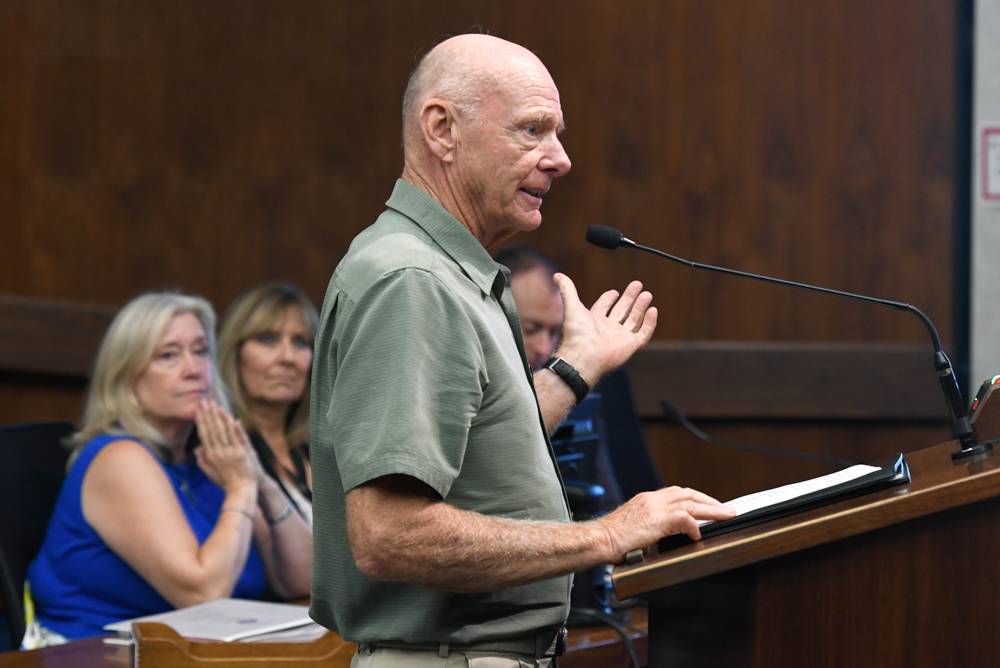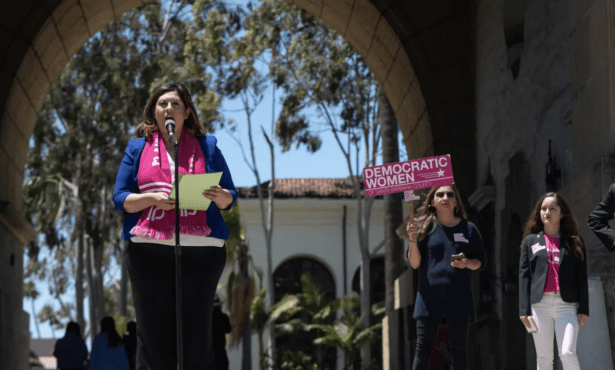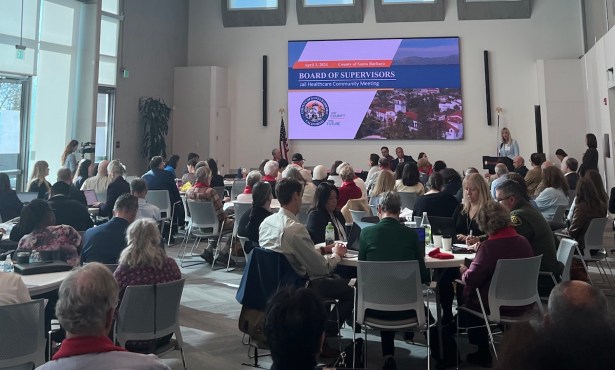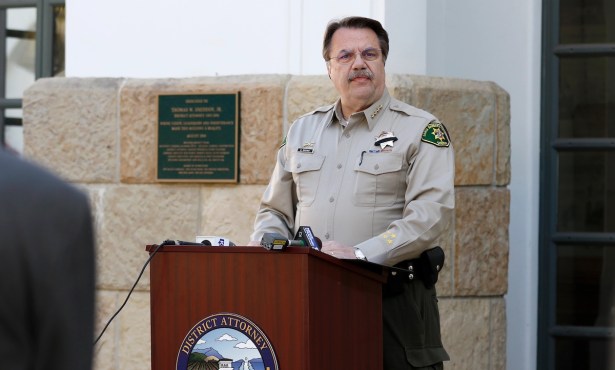Calls for Renewed Support for Laura’s Law Program in Santa Barbara County
Some Feel Resources are Subpar for Court-Ordered Treatment

Members of the National Alliance on Mental Illness Santa Barbara County (NAMI SBCO) met via Zoom on Monday to discuss the limitations of the Assisted Outpatient Treatment (AOT), otherwise known as Laura’s Law, in Santa Barbara County as the piloted program enters its fifth year here.
The legislation, which was named after Laura Wilcox, a 19-year-old woman who was fatally shot by a man with paranoid schizophrenia in Nevada City, was passed by the California State Assembly in 2002 and allows for individuals over the age of 18 who suffer from mental illness and are “unable to voluntarily access community mental health services” to receive court-ordered medical treatment.
While AOT has been implemented in Santa Barbara County since January of 2017, many members of the committee felt that there is not an adequate amount of resources made available to the community and that excessive red tape hinders the ability of the program to succeed.
Despite receiving praise from county officials over the past few years, several attendees agreed that the program needs renewed support and commitment from the local judiciary system to champion the cause, something that they feel other successful AOT programs have.
“We’ve got a compounded problem of essentially three things,” said committee member George Kaufmann. “The first thing is getting someone in front of a judge. The second thing is having a judge that is committed as a member of the team. The third thing is getting the patient referred to an effective treatment plan.”
There were also calls for more transparency regarding the budget allocated for patients and their treatment plans so that the program could operate at full capacity.
“It’s terrible to be leading people on like this because it’s painful when your child is failing and no one is listening,” added Ramona Winner, a Mental Wellness Center family advocate. “The services they say that they’re providing, they’re not doing it. It’s just not right.”
The virtual discussion included a viewing of Stopping the Revolving Door: A Civil Approach to Treating Severe Mental Illness, a 30-minute documentary set in Bexar County, Texas, chronicling the experiences of families of individuals who have received treatment through the AOT program.
The film, produced by a national nonprofit organization called the Treatment Advocacy Center, also outlined the legal process to obtain a court order through a state’s civil court circuit.
There are several legal criteria that AOT patients must meet, including a demonstrated history of noncompliance with treatment “that has either been a significant factor in his or her being in a hospital, prison, or jail at least twice within the last 36 months; or resulted in one or more acts, attempts, or threats of serious violent behavior toward self or others within the last 48 months.”
Additionally, there must be a clinical assessment evaluating the threat to the individual’s safety within the community without supervision and patients must be given the opportunity to participate in the treatment program of their own volition.
The next NAMI public policy meeting will be held over Zoom at 4 p.m. on April 12.



